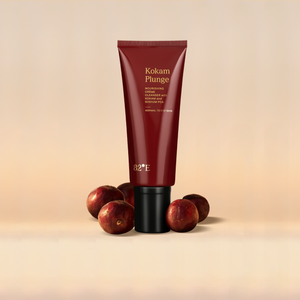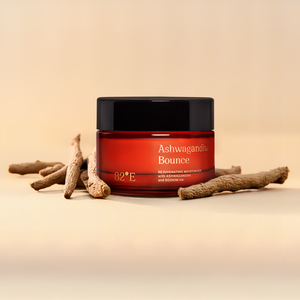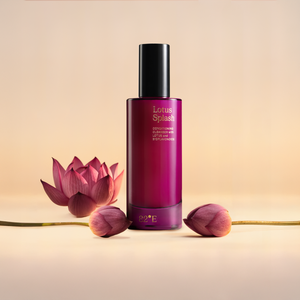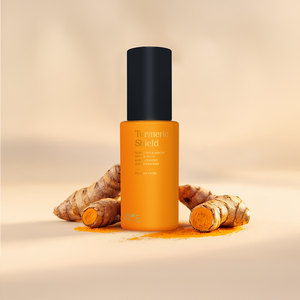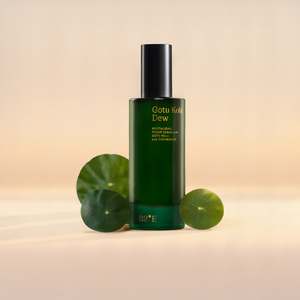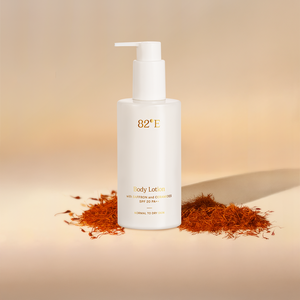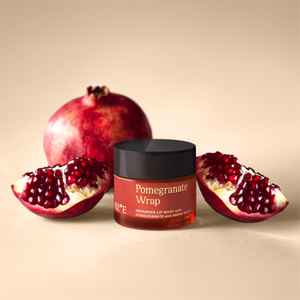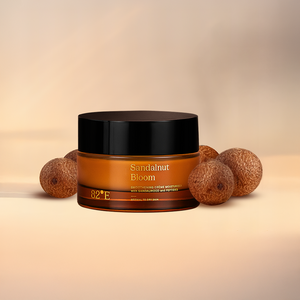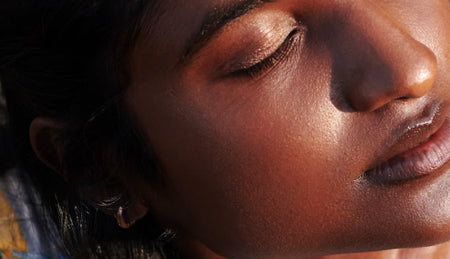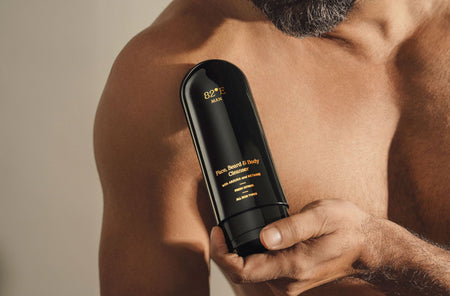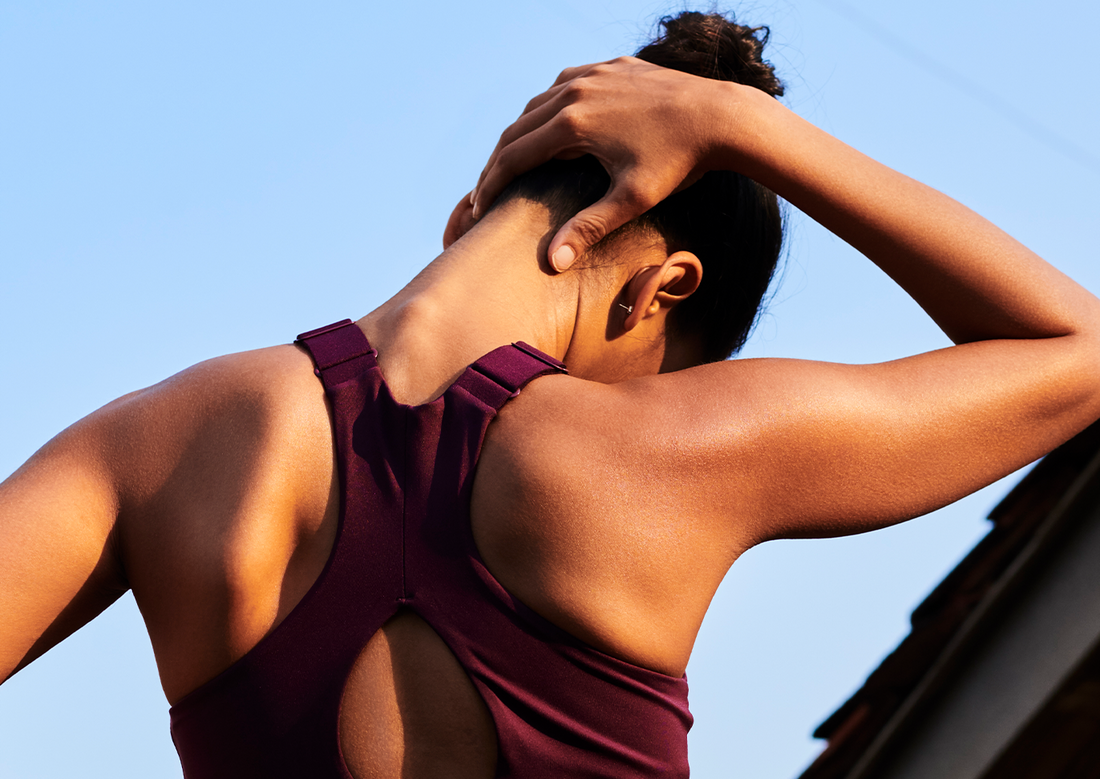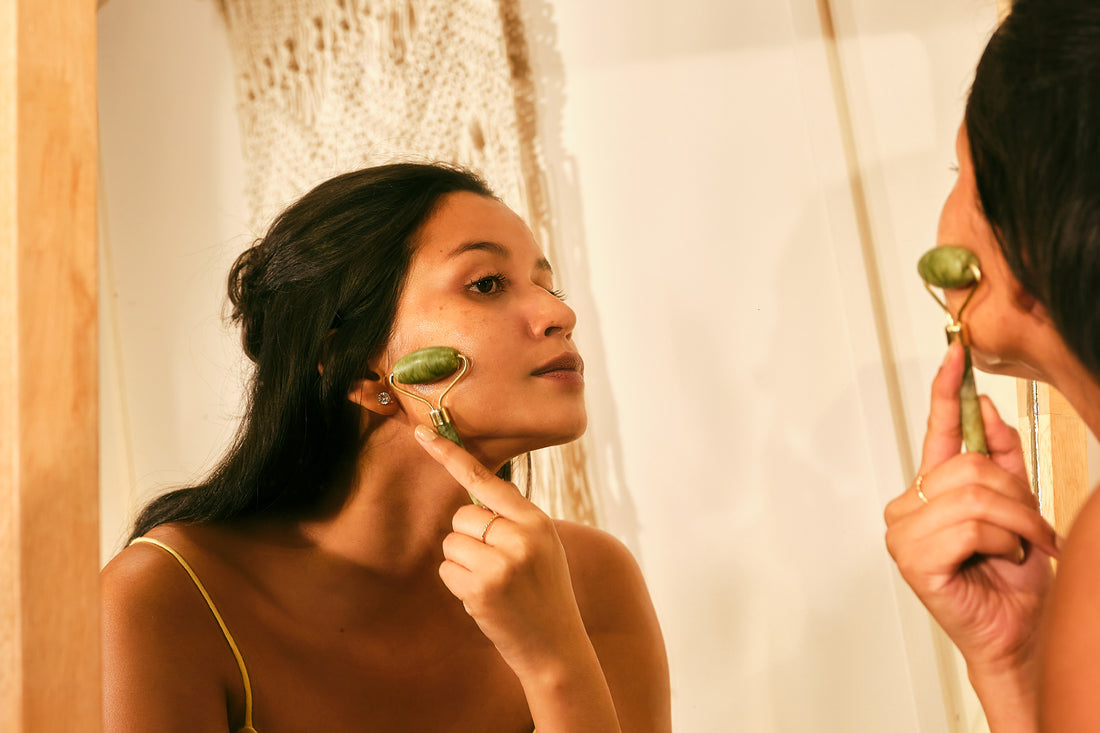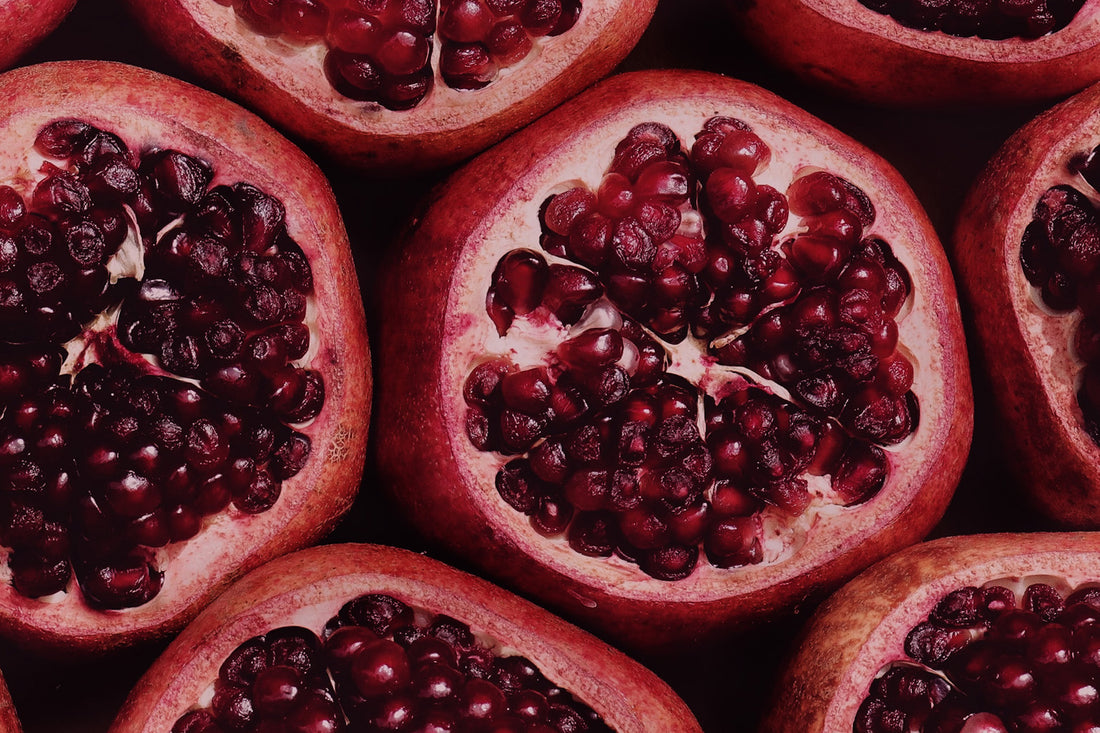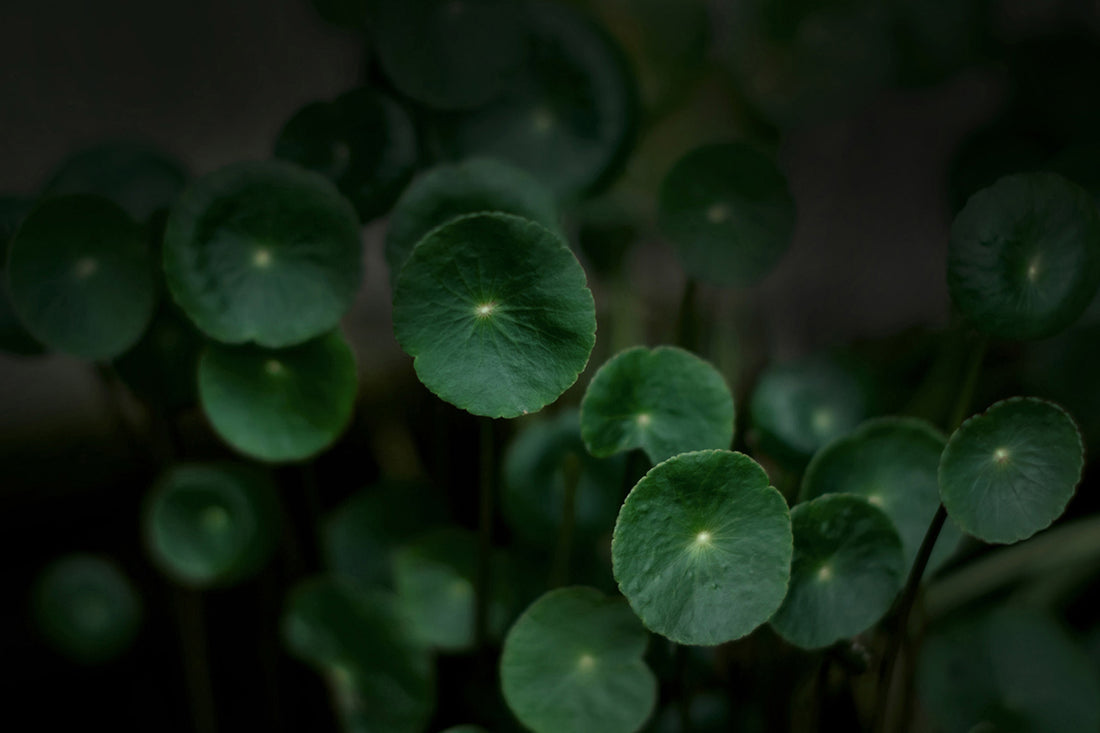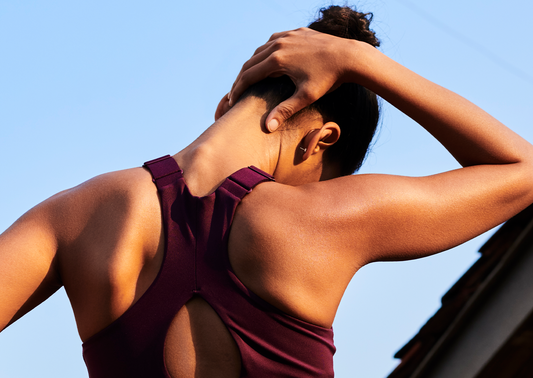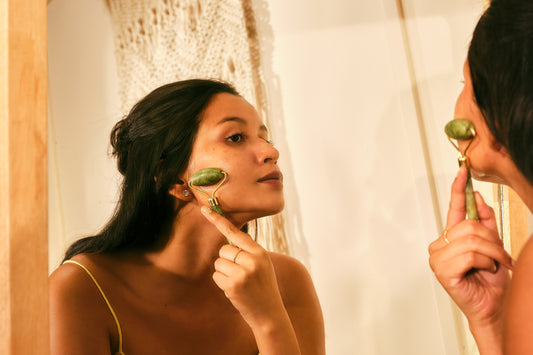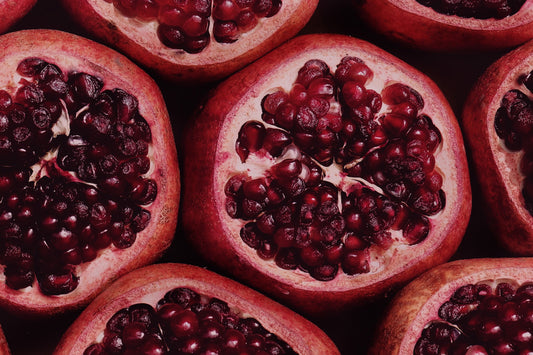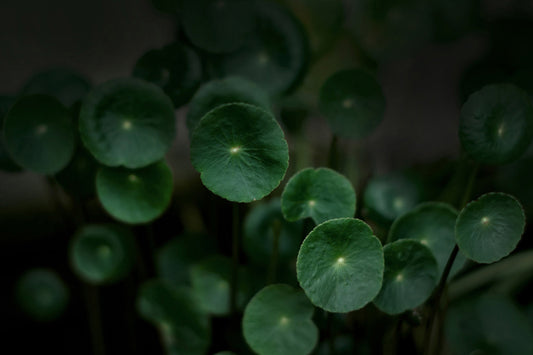
Dry, dull, and drab: are these words you might use to describe your skin during the winter? So do most people. That’s why we sat down with Dr. Jaishree Sharad, an internationally renowned, board-certified dermatologist, to understand why our skin needs special attention during the winter, and how to restore it to its most healthy, glowing state even when it's cold outside.
Dr. Jaishree Sharad is the Medical Director of Skinfinitii Aesthetic & Laser Clinic, TEDx speaker, and author of The Skincare Answer Book, Skin Rules, Skin Talks.
1. How is winter skincare different from skincare routines in other seasons? Do we need to change our routine completely?
Dr. Jaishree Sharad: Winter skincare is completely different because in winter your skin needs extra hydration and moisture. Due to low humidity in winter, the lipid structure in the barrier layer of the skin tends to break up, and hence, water is not retained in the skin.
You may keep in mind the following key points for winter skincare:
- Keep your showers short and use lukewarm water. Prolonged, hot-water showers in the winter can further dry out the skin by breaking down the lipid barrier of the skin.
- After bathing, apply a moisturiser on your damp face and body to lock in moisture within the skin.
- Use a good, moisturising lip balm (or even ghee!), re-apply as and when necessary.
- At bedtime, apply a moisturiser that contains ceramides, fatty acids, and cholesterol to repair and moisturise your skin.
2. What are some of the major skin concerns to care for during the winter?
Dr. Jaishree Sharad: Here are some common skin conditions we see during the winter:
Dry skin, medically termed xerosis, is the most common skin problem encountered in winter
- Chapped lips
- Dandruff
- Cracked heels
- Exacerbation of previously existing skin disorders like eczema, atopic dermatitis, and psoriasis
3. What is the difference between dry and dehydrated skin? How can we care for both?

Dr. Jaishree Sharad: Dry skin and dehydrated skin are two different entities.
- Dry skin is genetically predetermined and depends on your skin's number of oil glands. So, when the skin is dry, there is a lack of oil or sebum in your skin.
- Dehydrated skin, on the other hand, is the lack of water in the skin. The skin gets water from its deeper layers as well as the environment. So, when you don’t drink enough water, the skin tries to take the water it requires from the environment. If there is less moisture or humidity and the climate is dry, the skin is unable to absorb moisture from the surrounding air, therefore making the skin dehydrated. Skin can also become dehydrated if the skin barrier is compromised. This may be due to pollution, dry weather, incorrect use of products, intense exfoliation, etc. This results in loss of water from the skin. The inability of the stratum corneum (uppermost layer of the skin) to absorb water from the atmosphere also results in dehydrated skin.
4. How can different skin types approach winter skincare?
Dr. Jaishree Sharad: You can try these simple routines.
- AM Routine: People with dry skin should use a gentle cleanser twice a day to wash their face. In the morning after cleansing, a moisturiser or serum containing hyaluronic acid, niacinamide, or ceramides should be used followed by a broad-spectrum sunscreen.
- PM Routine: At night, after washing your face with a gentle cleanser, apply the serums (ones containing active agents like Vitamin C or retinol) as prescribed by your dermatologist. These must be topped with a good moisturiser to lock in moisture. A face oil can help seal in the moisture as well.
5. Does the under-eye skin require special care during winter?
Dr. Jaishree Sharad: The under-eye skin is naturally thin and delicate. The skin is thin to provide room for tiny fat pads that cushion and protect our eyeballs from injury or trauma. Serums and creams containing hyaluronic acid, Vitamin K, Vitamin C, peptides, ceramides, and caffeine can help hydrate the under-eye skin better during the winter.
6. What other lifestyle routines and rituals help with caring for our skin during the winter?
Dr. Jaishree Sharad: Our lifestyle affects our skin health as well. Keep these tips in mind for healthy winter skin.
- Drink 2.5-3 litres of water per day.
- healthy, balanced diet. Eat plenty of green, leafy vegetables and fruits. An intake of five portions of brightly coloured fruits and vegetables each day is recommended. These are rich in antioxidants and help fight free radicals. Black and green tea are rich in flavonoids, which are antioxidants. Seeds and nuts are rich in omega-3 fatty acids. Chicken, lean meat, egg whites, sprouts, tofu, mushrooms, lentils, and pulses are rich in proteins.
- Be regular with exercise at least 4 times a week.
- Apply and re-apply sunscreen (every 2-3 hours) even during the colder winter months.
- Avoid overzealous use of scrubs and exfoliants.
- Get adequate sleep of at least 6-8 hours every night.
